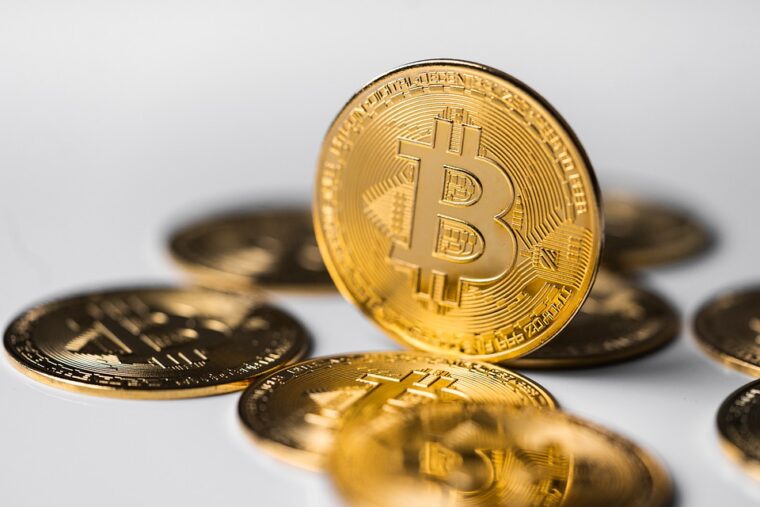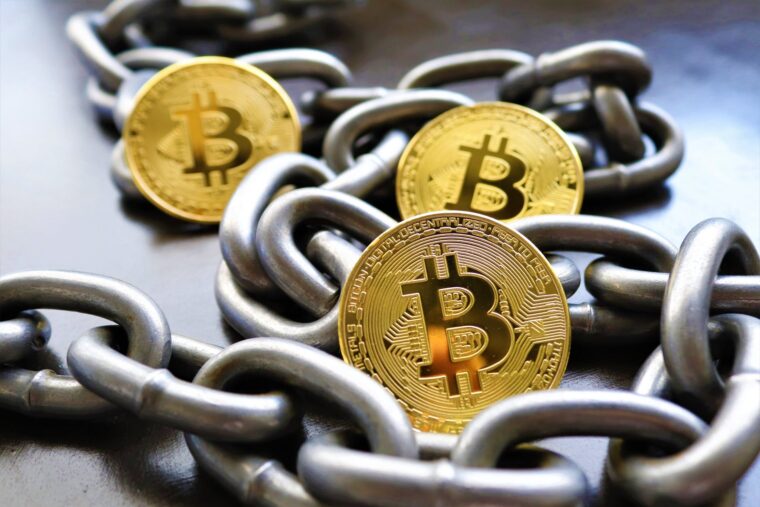Though Bitcoin was first created in 2009, interest in it reached a fever pitch only in 2024 and 2024. The reason being the skyrocketing price and cryptocurrency becoming a topic in the mainstream news in general. If you are familiar with this term, you are likely to have heard stories of loads of money being won and lost by those owning this currency. That is why if you are just beginning with investing in cryptocurrency, you must know a few things about it.
As you already know, Bitcoin authorizes you to carry out online transactions and money trading with low fees, in ways totally dissimilar than you usually do. But it is not similar to real money in many aspects. So, it would help if you took your time to educate yourself about it before actually using it for any significant transaction. Moreover, you should treat Bitcoin even more diligently than you treat your traditional wallet!
Tips for Storing Bitcoin Money Safely

Cryptocurrency authorizes you to send money anywhere around the globe, thus keeping you in power. However, such amazing attributes come with great costs – there are high-level safety concerns when utilizing your Bitcoin money for carrying out digital transactions.
As Bitcoin witnessed a notable surge lately, surpassing its ever-highs, the cases of hacking events have also increased. Numerous investors have no knowledge about how to keep their investments safe, so they are becoming the target of hackers. Hackers are also identifying ingenious ways of thieving your funds, so it is time to increase the reliability of your wallets.
Just as in actual life, you must secure your virtual money against online threats. Cryptocurrency is kept in digital wallets, which are either hardware-based or web-based. But the real question is – How secure are these online wallets? Can you lose money on them?
The answer to this question is dependent on how a user manages their wallet.
Virtual wallets come with private keys without which an owner cannot get access to their digital currency. The major danger that surrounds bitcoin safety is the user misplacing their keys or having them stolen. Private keys are the source through which users can access their wallet; if they lose it, they are unable to access or use their wallet balance. Bitcoins may also get lost due to computer malfunctions such as hard drive crashes, hacking, or physical loss of a desktop.
Let’s look at some of the convenient ways of keeping your virtual money safe:

Hot Storage
Also referred to as virtual wallets, hot wallets operate on devices like mobile phones, desktops, and tablets that can be connected to the internet. They let you access your digital balance and carry out transactions conveniently, with just one click. Though hot storages run the risk of hacking, they are useful for quick transactions.
If you do not want to lose money on a hot wallet, you must keep it open-source and activate two-factor authentication. Look for an organization with a good reputation for providing reliability in hot storage by checking out its credentials. Also, remember that you can share your digital money across multiple wallets if you want to.
It is crucial to note that hot storages are just like checking accounts suitable for little amounts of cryptocurrency. If you want to keep huge funds, then hot wallets should not be your option. You should keep the major share of your money in savings or investment accounts and hold only a small amount of money in a checking account.
Users must consider that storing virtual currency in an exchange wallet is totally different from having it in an individual wallet. The reason is that the exchange wallets are custodial accounts provided by the exchange and users here cannot hold the private keys to their cryptocurrency.

Cold Wallet
These wallets do not operate through the internet, making them a much more secure option than hot storage. Cold wallets stock your address and private key on software that does not require an internet connection and works side by side to let a user view their portfolio without risking their private key.
Paper Wallet
A paper wallet is a kind of cold storage that you can produce off of certain websites. It is a physically printed form of QR code, used to execute digital money exchanges. It generates public and private keys that you can print but pose the risk of misplacement. You can access your digital currency at these addresses only if you have the printed paper.
Hardware Storage
The chief perk of having hardware storage is that it lets the users store their private keys safely without viruses. If you do not want to lose funds in a Bitcoin hardware wallet, make a physical copy of it and put it somewhere safe. Some people even laminate their hardware storage and retain them safely in deposit bins at banks.
Web Storage
On web wallets, the private key is stored by a mediator on a web server. You can get access to your wallet for carrying out transactions only via a website or app. However, for this, you need to have your crypto exchange account password with two-factor authentication. It can help thwart online hacking attempts; otherwise, your primary credentials will be compromised.

Miscellaneous Ways of Keeping Your Wallet Money Safe
Besides the tips mentioned above, you can obtain physical coins or follow the below tricks to store your money safely:
- Regularly create a backup of your cryptocurrency wallet.
- Always update the software running your wallets.
- Using multi-signature before carrying out a transaction.
Final Words
There have been numerous stories about users losing their money in Bitcoin wallets. While resetting your account password is usually a hassle-free option, cryptocurrencies are stored slightly differently, asking you to take every precaution to avoid hackers. Read more to gain access to the cryptocurrencies market and learn new ways of keeping your virtual money safe. You can also remain secured by following the tricks mentioned above.
